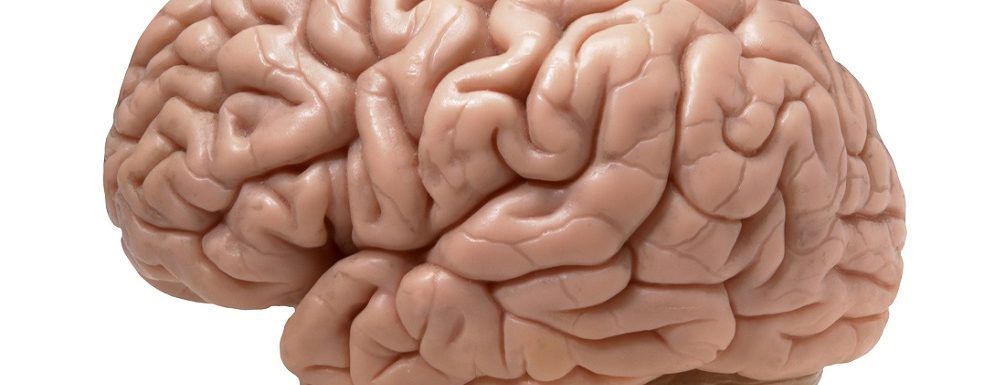There is a wide range of types, causes, and symptoms of neuropathy. The symptoms that you are bound to experience are all dependent upon the neuropathy cause and the type of peripheral nerve damage; whether it is motor, sensory, or autonomic, and the level of nerve damage that has taken place.
Some of the most common neuropathy symptoms stem from damage on the sensory nerves which are responsible for experiencing sensations such as touch, temperature, and pain. Peripheral neuropathy affects the motor nerves which control muscle movement and autonomic nerves which control different functions such as heart rate and digestion.
Neuropathy greatly affects these functions in your body and it’s important to be well informed when this happens. Here are 4 signs that may be an indication that you have neuropathy:
-
Loss Of Balance
If you’re experiencing a loss of balance and numbness in your feet, the highest probability is that peripheral neuropathy has damaged your sense of balance.
A research conducted at the Manchester Metropolitan University revealed that patients ailing from neuropathy have a very large separation between their body’s center of pressure and their body’s center of mass during movement compared to those without neuropathy symptoms.
This research concluded that the greater this separation is, the more likely you are to lose your balance. It is evident that balance is impaired in patients suffering from diabetic peripheral neuropathy when they are carrying out walking exercises such as ascending and descending down stairs and walking on level ground.
-
Digestive Problems
 Another sign that you may be suffering from neuropathy is when you experience digestive problems. Nerve damage can alter the normal functioning of the digestive system and slow down the process of emptying the stomach.
Another sign that you may be suffering from neuropathy is when you experience digestive problems. Nerve damage can alter the normal functioning of the digestive system and slow down the process of emptying the stomach.
Some of the most common digestive problems that may arise from neuropathy include a lack of appetite, bloating, feeling full after consuming small amounts of food, heartburn, and alternating attacks of constipation and diarrhea.
-
Numbness And Tingling
Numbness and tingling is another sign of sensory nerves damage in the peripheral nervous system. The areas in your body most commonly affected by numbness are your hands and feet owing to the fact that the nerves within the extremities are highly susceptible to damage.
Numbness affects your body’s ability to feel pain sensation which protects your body from damage such as being pricked by a sharp object and not noticing it which then turns into a wound with serious infections.
The risks that numbness exposes your body to are very detrimental and you need to exercise caution to protect your body from potentially harmful infections.
-
Muscle Weakness And Loss Of Control Of Motor Functions
 Damage to the motor nerves can weaken your muscles and consequently affect your ability to control the movement of your muscles more so in your hands and feet. This then prevents you from carrying out even the simplest and most basic activities such as standing, walking, or holding things with your hands.
Damage to the motor nerves can weaken your muscles and consequently affect your ability to control the movement of your muscles more so in your hands and feet. This then prevents you from carrying out even the simplest and most basic activities such as standing, walking, or holding things with your hands.
Neuropathy weakens your muscles which in turn results in muscle degeneration and weaker reflexes.
Conclusion
Neuropathy is not a condition to take lightly and corrective action should be taken immediately you discover that you are suffering from it. Check our Neuropathy Relief Guide to get more information about neuropathy treatments.
Image Source: Flickr

Leave a Reply